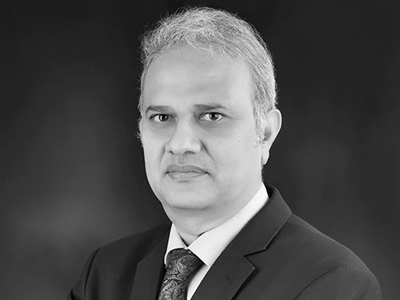Estate planning transfers legacy of investors to future generations. It can address some critical life issues, which may occur post life like transmission of wealth, contribution to charity and addressing special needs of differently-abled children.
In this context, Cafemutual Confluence Investment Marathon 2021 (CCIM 21) hosted Manoj Shenoy, Chief Executive Officer, IIFL Mutual Fund who shared with us some important estate planning rules.
Manoj said that joint holding, nominating, writing a will, creating a trust and gifting are some tools for estate planning. In the absence of a well-defined joint holding, investors should at least file their nomination every time they open an account or invest. In case of investors’ demise, nominees can take action basis the will.
Irrespective of the size of estate, every investor should create a will and clearly define the transfer of assets. Wills for large estates should be backed with professional advice, he added.
Manoj told participants that wills can be easily executed on any piece of paper and can be amended/revoked at any point in time. However, they are subject to certain limitations - disputes from legal heirs, claims from relatives/non-relatives, time-consuming probate formalities (mandatory in Chennai, Kolkata and Mumbai) and anticipated estate duty risk. “Technically speaking, there is no need to register a will, having said this; a registered will simplifies the asset transfer process in the court,” he said.
The next thing that investors can do is to create a basic trust structure. A trust is driven by a trust deed/letter of wishes and is governed by trustees, which can be family members/investors.
A trust comprises - settler (the person who creates the trust), the trust itself and beneficiaries. At the time of trust formation, a settler can mention who can be an advisor/protector to advise trustees on any specific matters, said Manoj.
“Broadly speaking, revocable and irrevocable are the two types of trust. During its lifetime, a settler can take back assets transferred to a trust in case of a revocable trust, whereas, assets once transferred cannot be taken back in an irrevocable trust,” said Manoj.
Forming a trust reduces the chances of dispute within a family over succession and safeguards the interest of minors and special family members. Additionally, a trust also ring-fences personal assets from business/professional exigencies.
Alternatively, investors themselves can transfer assets during their lifetime by way of gifting.
To understand the intrinsic details of estate planning further, watch this video.





